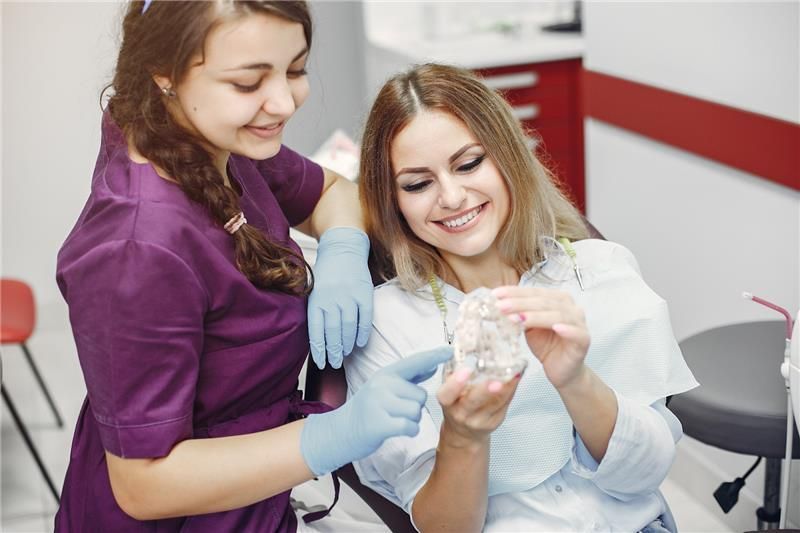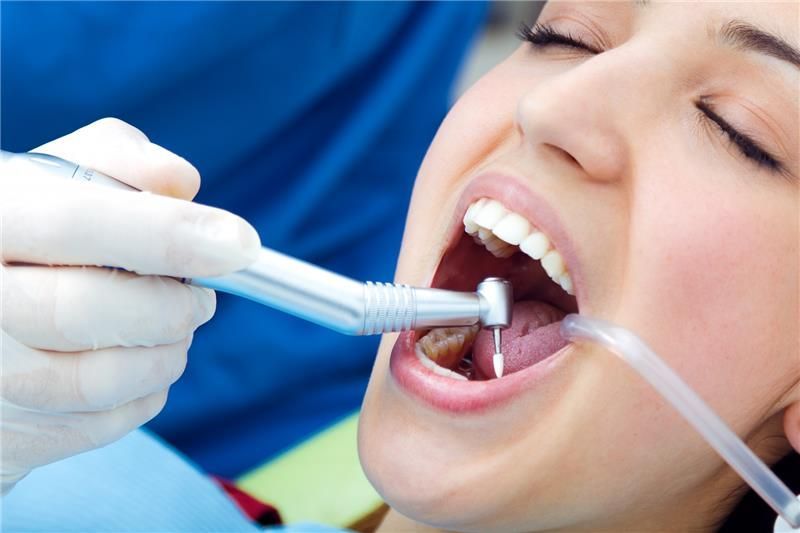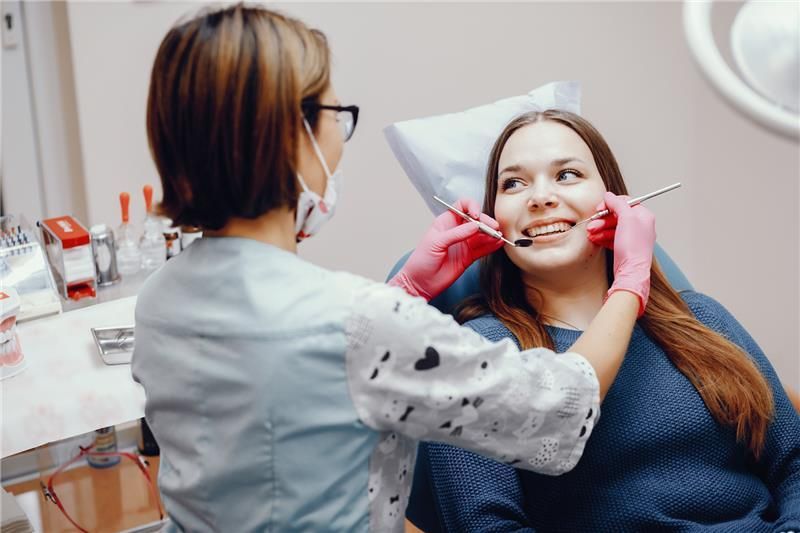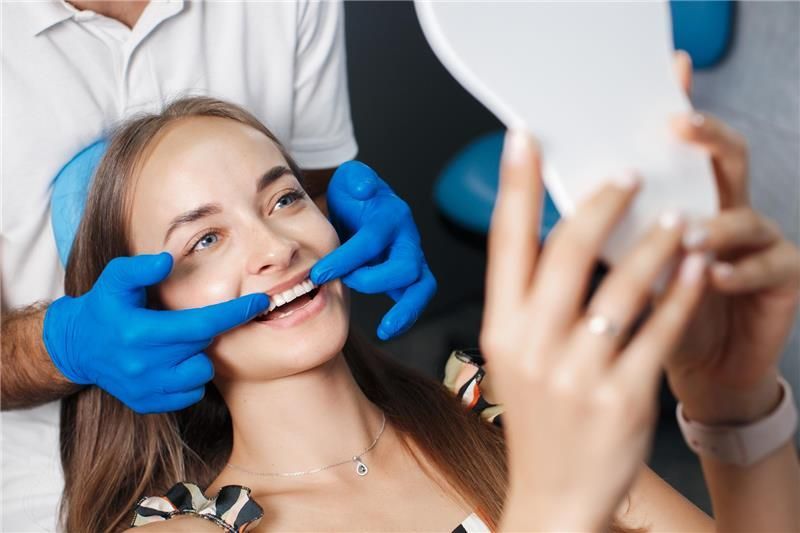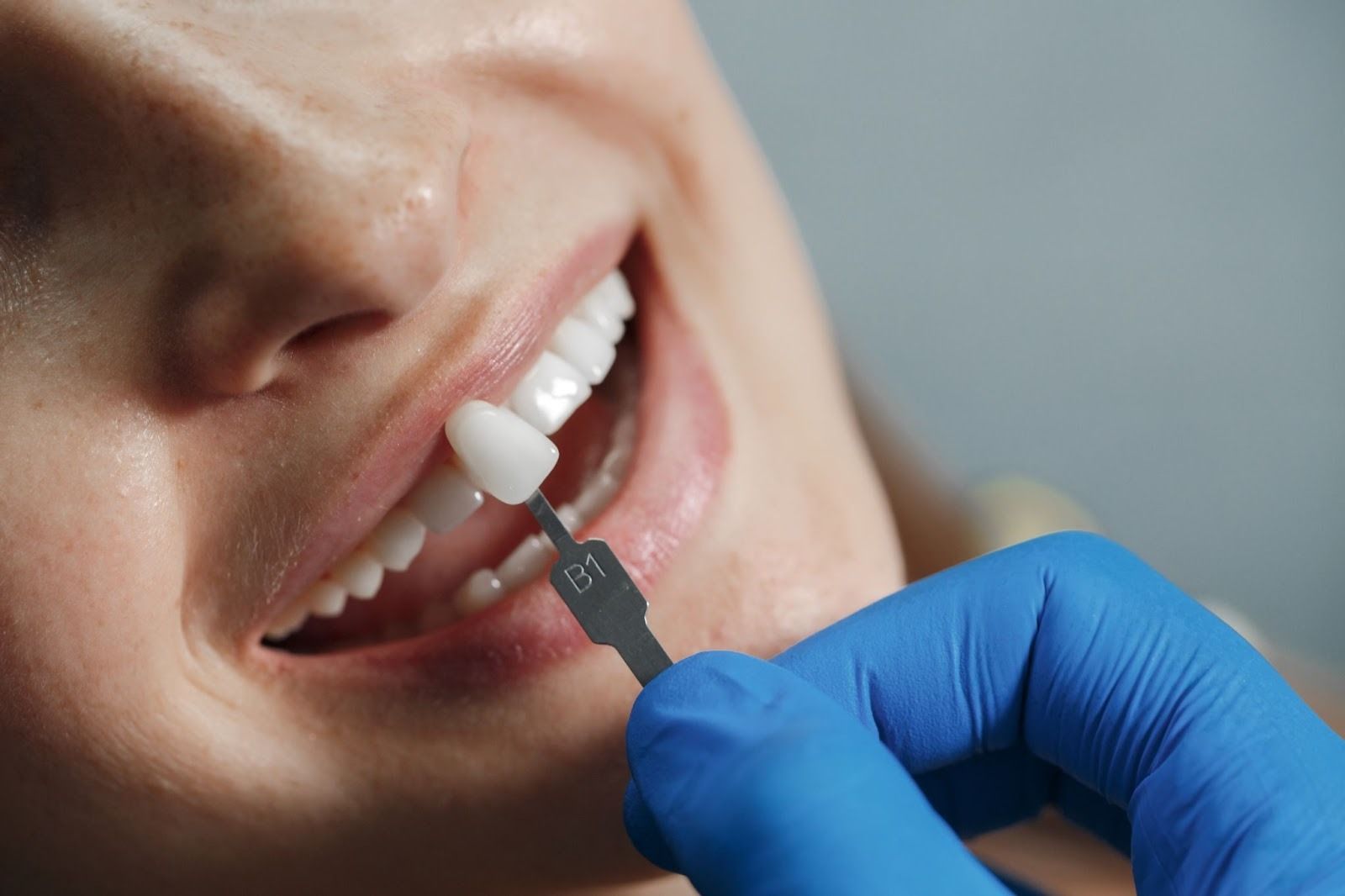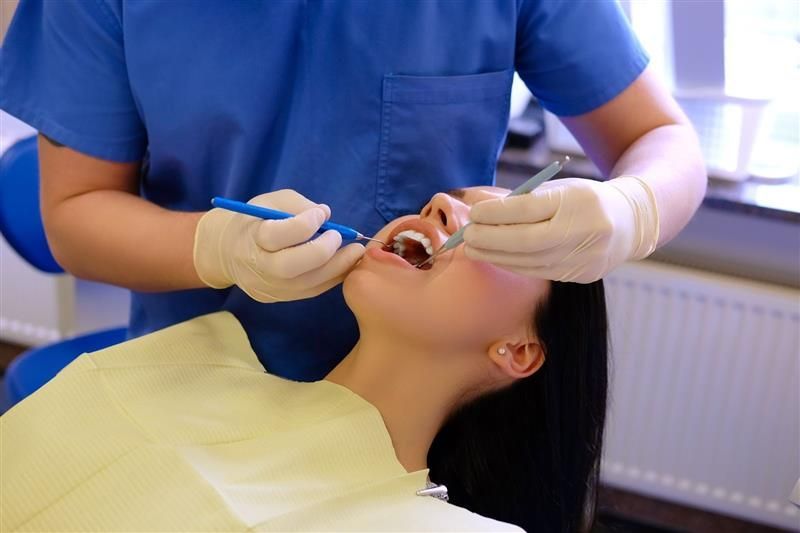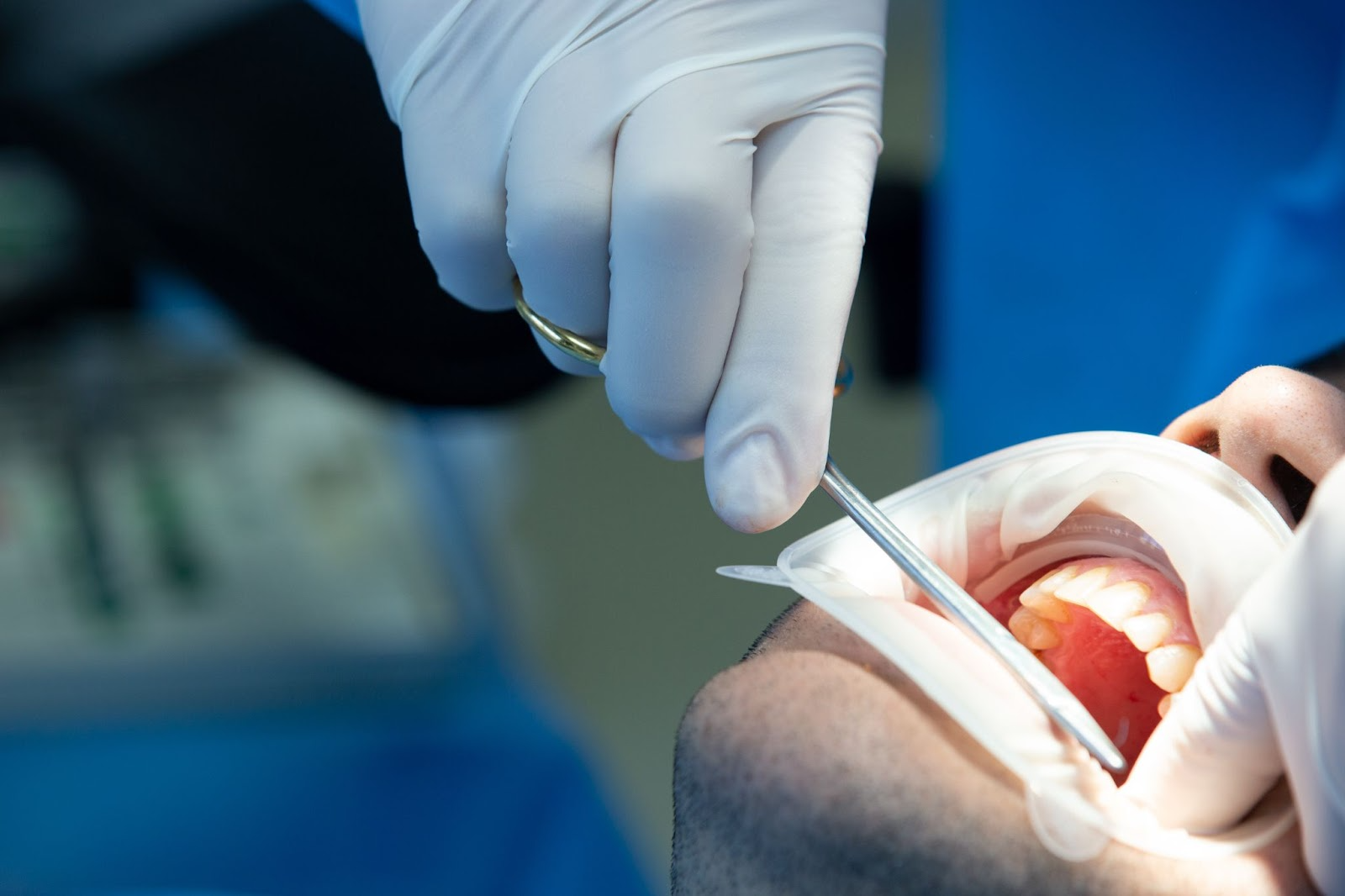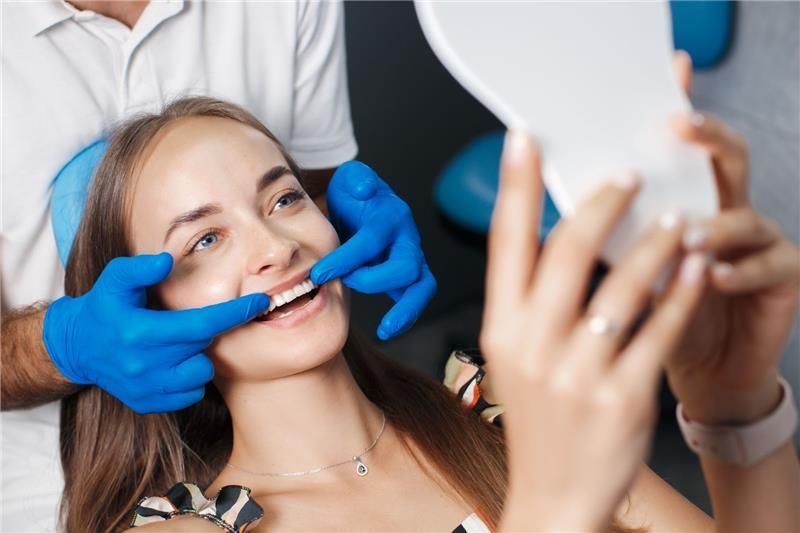5 Effective Home Remedies To Treat Gingivitis
You will be surprised to know that more than 47% of American adults aged 30 and older have some or the other form of gum problem.
Gingivitis is one of the common gum diseases which can lead to redness and swelling in your gingiva - the part of your gum.

Bad breathe and blood-red gums are some of the warning signs of gingivitis. If left unnoticed, gingivitis can compound problems for your oral and physical health.
No worries!
Herein, we are sharing a few effective home remedies for gingivitis treatment.
1. Saltwater Rinse
As per a study , saltwater rinse is very effective in treating gingivitis.
All you have to do is
●Add a pinch of salt in lukewarm water and mix it well
●Swish the solution in your mouth for at least 30 seconds
● Spit it out
●Perform the same twice or thrice a day

Saltwater rinse also offers a host of other benefits to your dental health.
● Reduces gum inflammation
● Eases gum pain
● Removes food particles
● Get rid of bad breath
Make sure to avoid using excessive saltwater as it can harm your tooth enamel.
2. Natural mouthwash
There are plenty of products available on the market for gingivitis. But nothing works better than a homemade mouthwash.
Some of the options are
● Lemongrass oil: As per a study , lemongrass oil is beneficial in reducing gingivitis levels. Just pour a few drops of lemongrass essential oil into a cup of water and swish the solution in your mouth for 30 seconds.
● Aloe vera : Swish 100% pure aloe vera juice in your mouth for 30 seconds.
● Tea tree oil: According to a source , tea tree oil is helpful in treating gingivitis. Make a solution of tea tree oil and a cup of warm water and swirl the solution in your mouth for up to 30 seconds.
3. Coconut Oil Pulling
Coconut oil is one of the healthiest ingredients that work wonders for your physical, mental, and dental health.
It is fully loaded with anti-inflammatory and antimicrobial properties that can reduce warning signs of gingivitis.
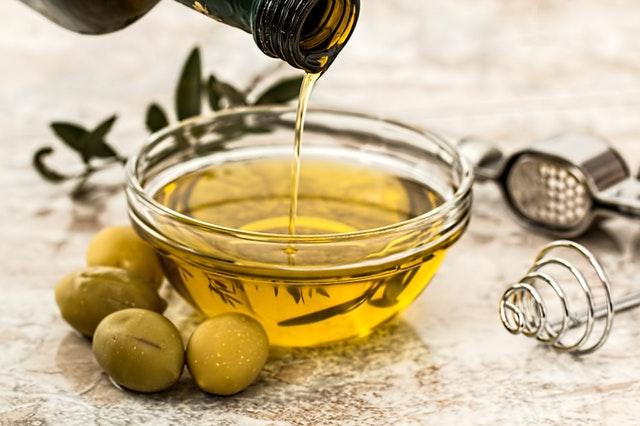
All you have to do is
●Pour 1 to 2 teaspoons of liquid coconut oil into your mouth
●Swirl the oil for a few minutes
●Spit the oil out
●Use water to rinse your mouth
●Spit the water out
●Drink a full glass of water
●Brush your teeth
Coconut oil pulling also helps to
●whiten and brighten your teeth
●reduce bad breath
relieve headaches and stress4. Turmeric
Turmeric has anti-inflammatory and anti-microbial properties that effectively prevent gingivitis.
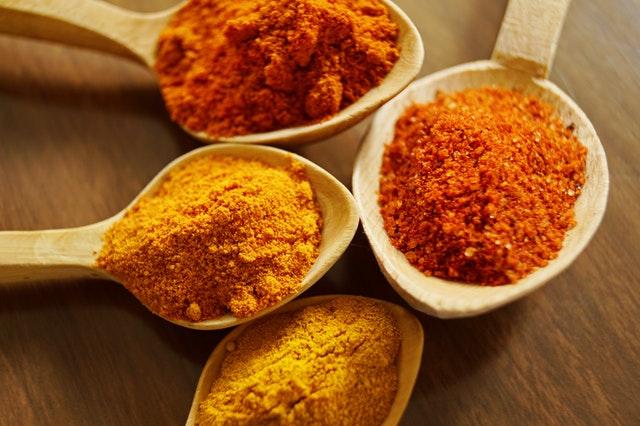
The procedure is very simple.
●Brush your teeth and rinse properly
●Apply turmeric gel to your gums
●Let the gel rest for 10 minutes
●Swish water around your mouth
●Spit the water out
●Repeat the process twice a day
5. Clove
Clove has anti-fungal and antioxidant properties that may reduce gum inflammation and pain.
All you need to do is
●Chop 1 teaspoon of cloves
●Take damp cotton and dip it into the minced cloves
●Rub the cotton onto your gums
●Let the cloves rest on your gums for at least a minute
●Swirl water around your mouth
●Spit the water out
Bonus Tips
As it is said,” Prevention is better than the cure”. It is very important to follow a proper oral routine, else home remedies won’t be helpful in fighting gingivitis.
Some oral tips to follow are
●Brush twice a day
●Brush for at least 2 minutes with a soft-bristled toothbrush
●Replace your toothbrush after every 3 months
●Floss daily
●Use a natural mouthwash
●Visit your dentist twice a year
●Avoid excessive intake of sugar
●Cut back on smoking and alcohol
Let’s Wrap Up
Maintaining good oral hygiene is crucial to avoiding gingivitis and other dental issues.
However, if you are experiencing severe tooth pain and swollen gums, consult your dentist as soon as possible.
An experienced dental expert can teach you the best oral practices to keep your gums healthy.
At Park Dental, we offer advanced dental care in Brooklyn, NY. Book our services at 718-573-3333.
